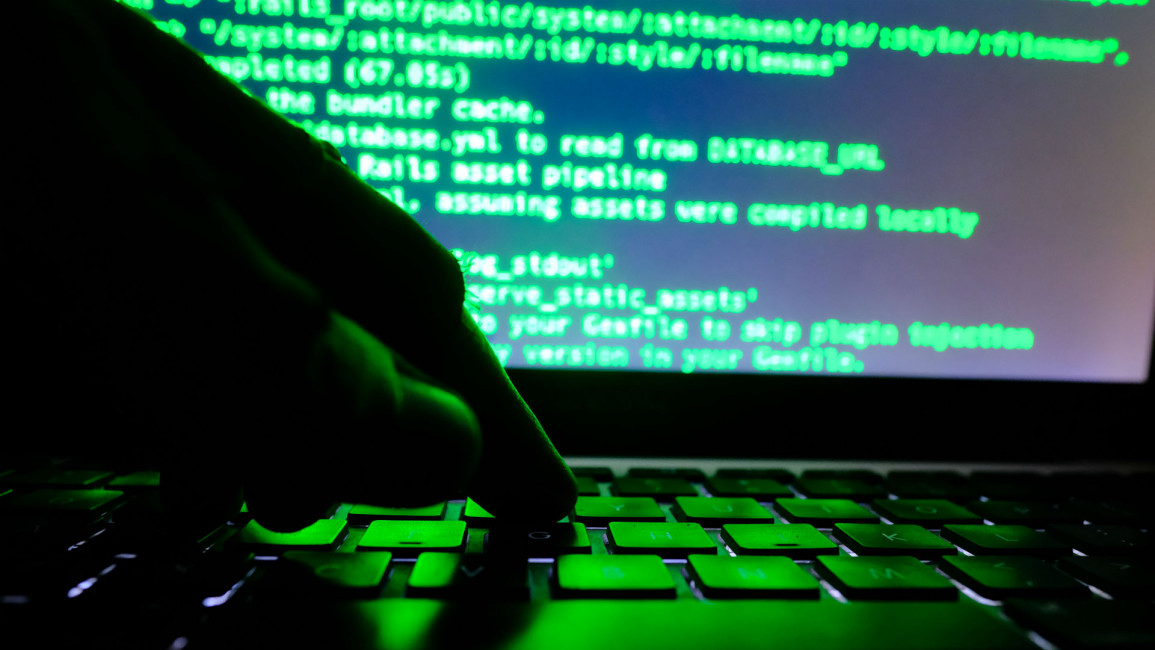UAE sports correspondent detained after airing 'fake story' about Emirati Covid-19 deaths
Two people, including a TV correspondent, have been detained in the UAE for allegedly airing a fake coronavirus story, local media have reported.
UAE authorities say that the Abu Dhabi Sports Channel reported five members of the same Emirati family had recently died from Covid-19.
On Wednesday, the public prosecution said that no such incident had taken place and the family did not exist.
It ordered the "preventive detention" of the pair who had broadcast the story, the National Emergency Crisis and Disaster Management Authority (NCEMA) tweeted.
One of those jailed is a correspondent for the Abu Dhabi Sports Channel, while the other is also believed to be a media professional for the station.
"The incident that was broadcast on Abu Dhabi Sports Channel is false and fabricated, the family does not exist and the story is completely fictitious made up by the first accused individual," the NCEMA reported, quoting the public prosecution.
"This incident has affected members of the Emirati community, citizens and residents, leaving them in a state of confusion and fear around the outbreak of the disease, all based on inaccurate information."
The pair were immediately detained by authorities while an investigation into the incident is conducted.
"The Public Prosecutor has ordered the preventive detention of the aforementioned individuals pending investigation, in order to ensure the integrity of the investigation procedures that the Public Prosecution undertakes," the NCEMA added in a tweet.
"The Public Prosecution office immediately & expeditiously launched an investigation around the incident and is still conducting in-depth investigations to determine the legal responsibility and the perpetrators and to determine the facts that are likely to be behind the incident."
Prosecutors warned that anyone caught spreading "fake news" regarding the Covid-19 epidemic will be severly punished.
"We have not and will not be lenient with anyone who doesn't follow their duty and is irresponsible, we will apply the law firmly and decisively, given that the recklessness in sharing inaccurate information has a negative effect on society," the public prosecution said in the NCEMA tweet.
"All those negligent in following the national protocol for the dissemination and exchange of information in the media and social networks related to #Covid19 will be held accountable."
Early on in the crisis, the UAE closed its borders and imposed curfews in a bid to stop the spread of Covid-19.
|
|
The impact on the private sector has been huge, with companies - particularly in the tourism and hospitality sector - reporting huge losses and many businesses worried they could be forced to close.
The country's seven emirates have since eased the lockdown and life is beginning to return to normal, but the number of Covid-19 cases and deaths is still on the rise.
On Tuesday, the UAE reported 339 new cases and one death from the disease.
The warnings to citizens and residents about spreading "fake news" via media and social media follows a series of measures that critics say have turned the UAE into a "police state".
The UAE said in April that media workers and other individuals will be fined 20,000 dirhams ($5,500) for spreading fake medical information related to Covid-19.
"It is forbidden for any individual to publish, re-publish or circulate medical information or guidance which is false, misleading or which hasn't been announced officially ... using print, audiovisual or social media, or online websites or any other way of publication or circulation," the country's national news agency reported.
In March, authorities warned the public they could be liable to three years imprisonment and fines of 3 million dirhams ($810,450) for spreading "fake news and rumours" related to the coronavirus online.
The UAE has some of the repressive online laws in the world and social media in the Gulf state is believed to be vigorously monitored.
The 2012 vaguely worded cyber crimes law allows for individuals to be prosecuted and jailed for reporting information deemed critical of authorities.
It was implemented shortly after the start of the Arab Spring when social media was an important tool for protesters and coincided with the jailing of activists and political dissidents in the UAE.
The UAE has also allegedly worked with Israeli spyware companies to root out online criticism or monitor mobile phones.



